15 Surprising Things in Your Kitchen That Are Making Food Go Bad Faster
Keeping food fresh can be a challenge, especially when hidden factors in your kitchen speed up spoilage. You may think you’re storing everything properly, but some common items and habits could be causing your food to spoil much faster than it should.
In this list, we’ll explore 15 surprising things in your kitchen that may be making your food go bad sooner than expected.
Storing Fruits and Vegetables Together
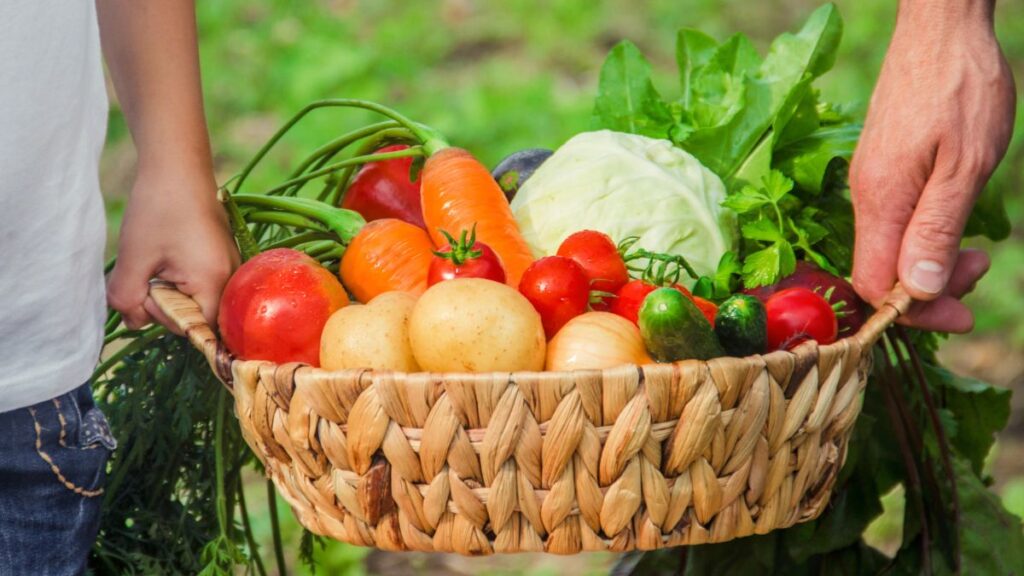
While it might seem convenient to store all your produce together, some fruits release ethylene gas, which causes vegetables to spoil faster. Apples, bananas, and avocados are big culprits of this gas, speeding up the ripening process of anything nearby. To keep your veggies fresh, store them separately from ethylene-producing fruits.
Keeping Bread on the Counter
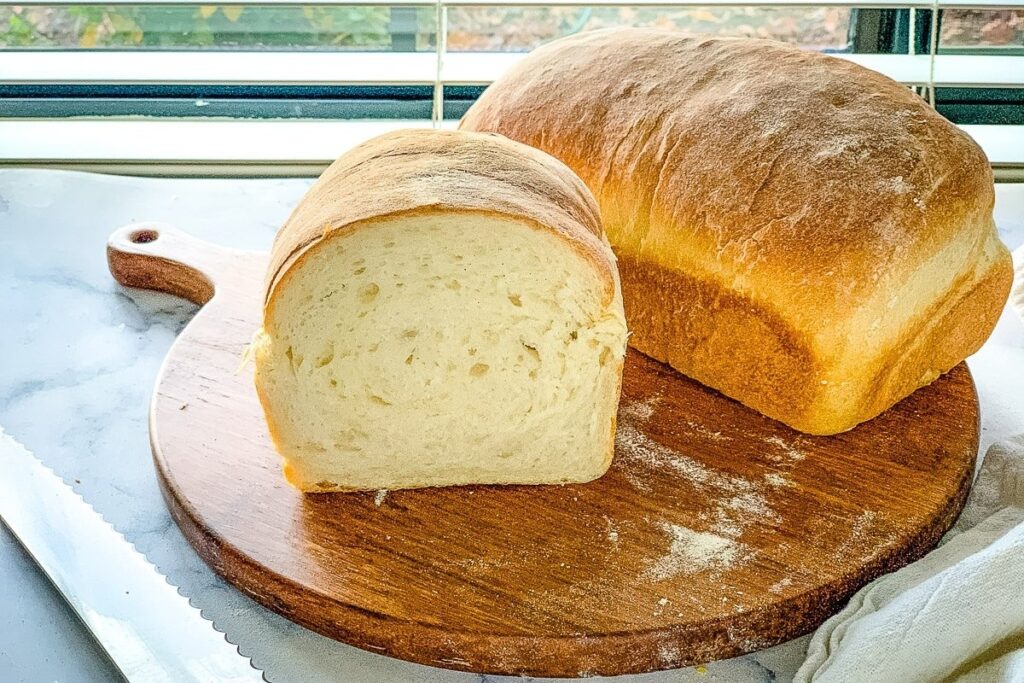
It might seem natural to leave bread on the counter, but in warmer environments, it will mold much faster. The room temperature causes bread to go stale or grow mold within days. Consider storing bread in the fridge or freezer if you don’t plan to eat it quickly. Freezing bread can extend its life by weeks.
Overpacking the Fridge
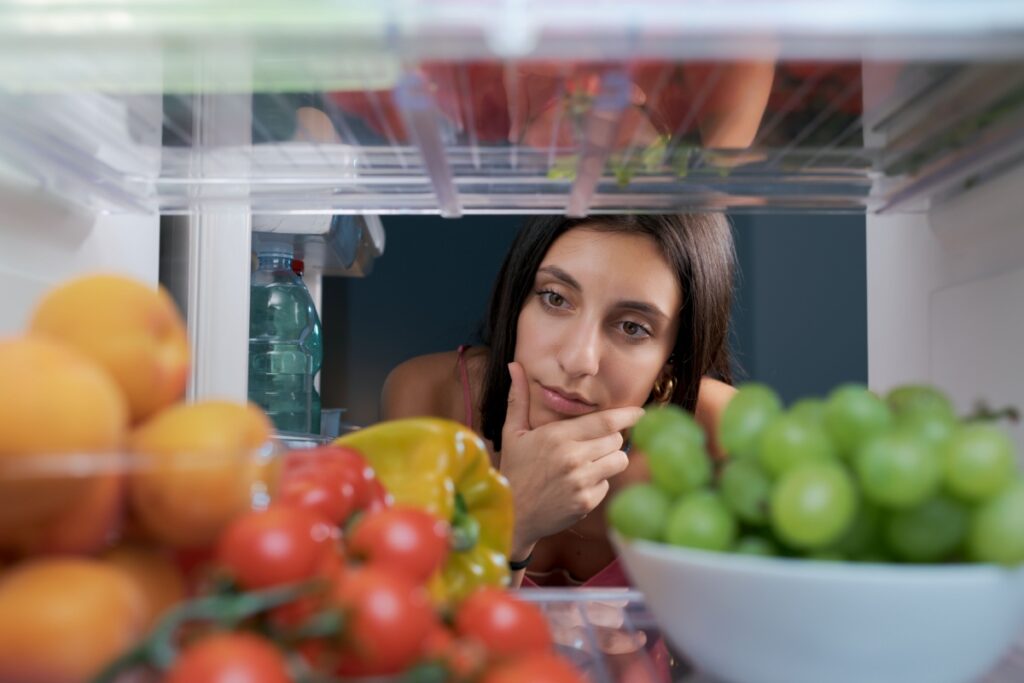
A packed fridge might seem like a great way to stock up, but overcrowding restricts air circulation. When cold air can’t move freely, food doesn’t stay evenly cool, which can cause spoilage. Leave some space in your fridge so air can flow, keeping everything at the proper temperature.
Using Plastic Wrap for Leftovers
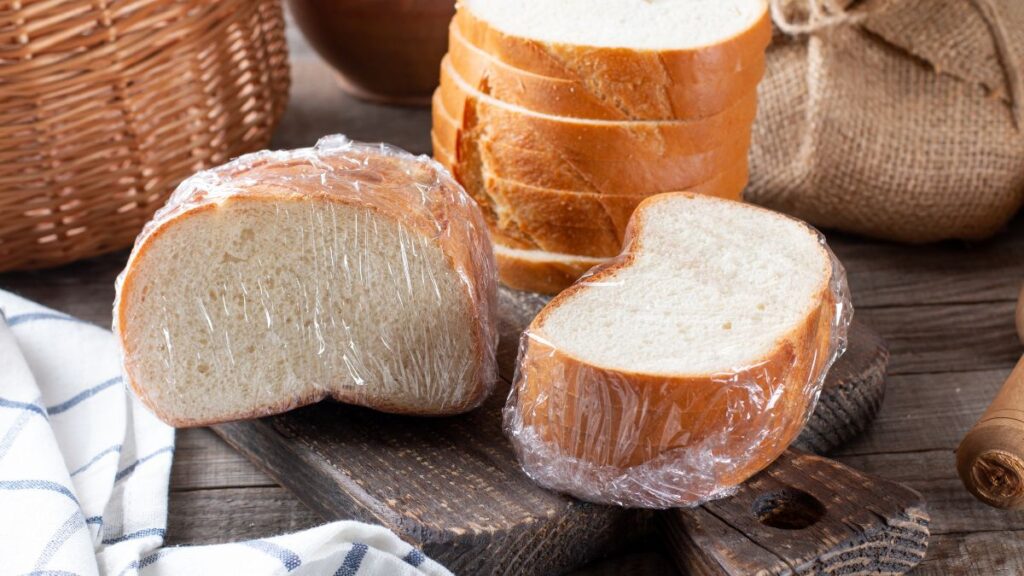
Plastic wrap might seem like a quick and easy solution for storing leftovers, but it doesn’t create an airtight seal. Without a proper seal, moisture can escape, causing food to dry out or spoil faster. Instead, opt for reusable airtight containers that keep food fresher for longer.
Keeping Milk in the Fridge Door
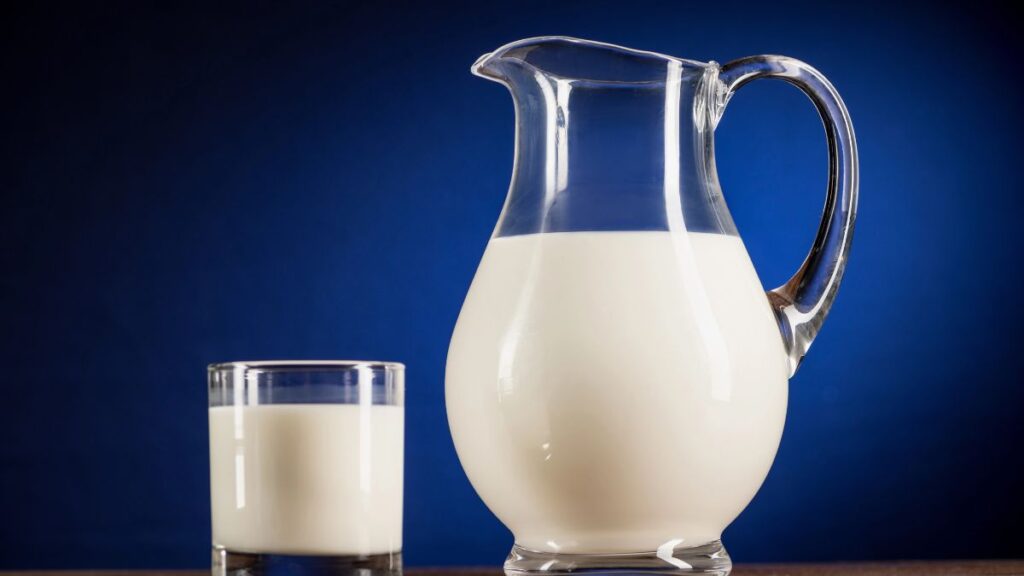
Many people store milk in the fridge door because it’s easily accessible, but the door is one of the warmest places in the fridge. The temperature fluctuates every time the door is opened, which causes milk to spoil faster. Keep milk toward the back of the fridge where it’s consistently colder.
Not Drying Herbs Properly
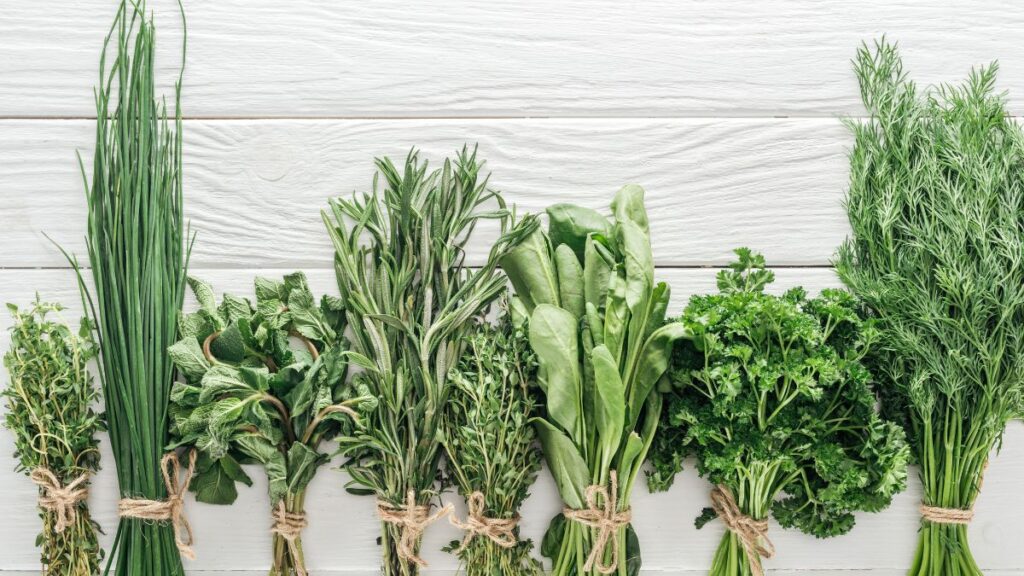
If you wash your herbs and put them away without fully drying them, the moisture can cause them to wilt and rot quickly. Excess water on herbs creates the perfect environment for mold and spoilage. Use a salad spinner or pat them dry with a paper towel before storing them.
Storing Potatoes and Onions Together
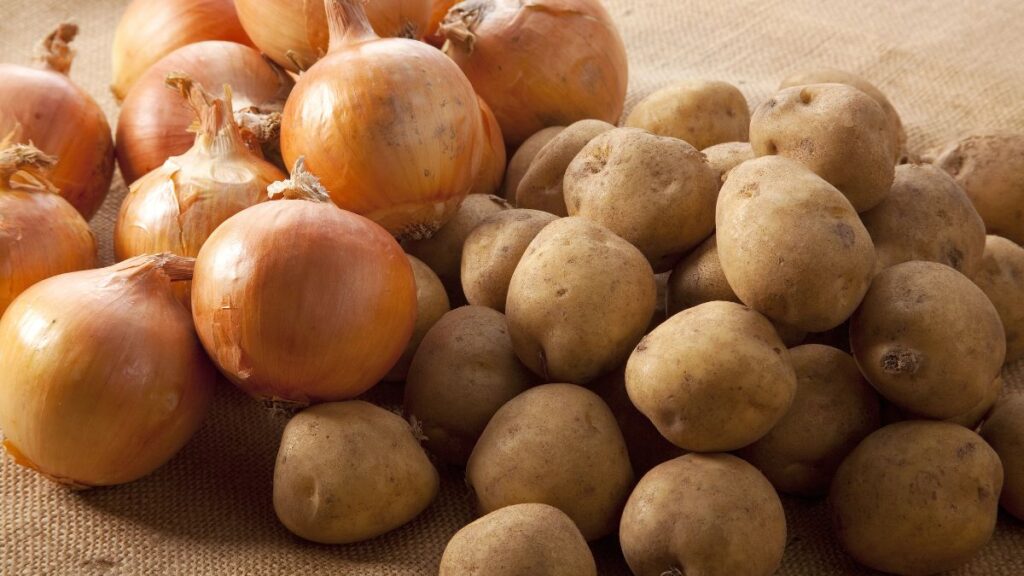
Potatoes and onions should never be stored together. When stored together, they release gases that cause each other to spoil faster. Keep your potatoes in a cool, dark place and store onions separately to prevent them from going bad too quickly.
Not Using Crispers Correctly
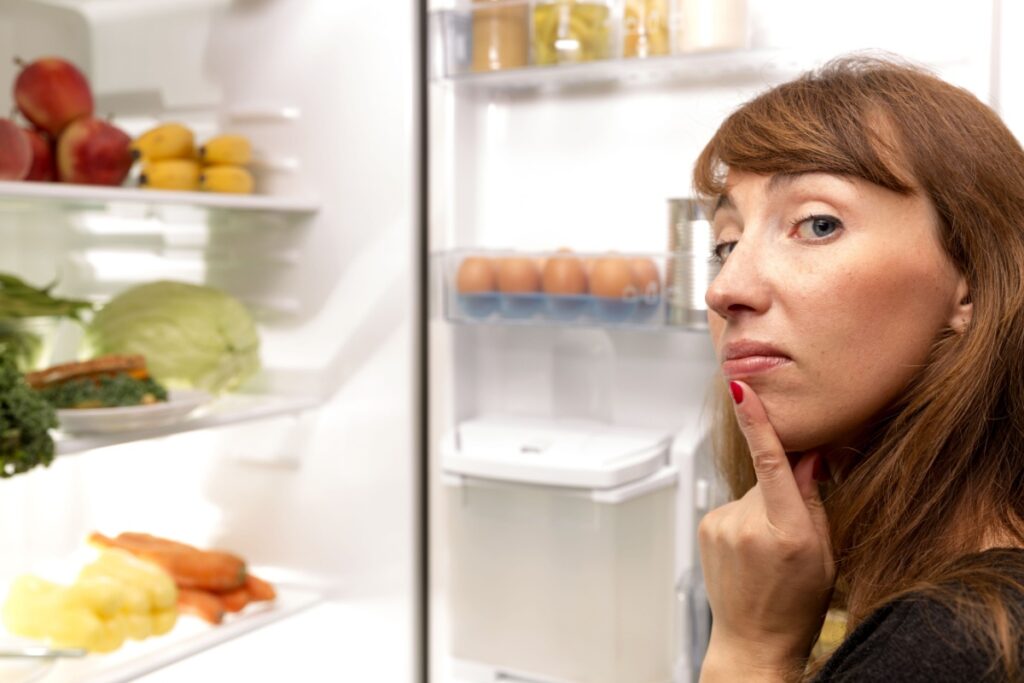
The crisper drawers in your fridge are designed to keep your fruits and vegetables fresh, but they need to be used correctly. One drawer should be set to a higher humidity for leafy greens and other vegetables, while the other should be lower for fruits. Not adjusting these settings properly can cause premature spoilage.
Using Non-Breathable Produce Bags

Plastic bags may seem like a convenient way to store produce, but they trap moisture inside, leading to faster spoilage. Non-breathable bags can cause fruits and vegetables to become slimy or moldy in just a few days. Use mesh or paper bags to allow airflow and keep produce fresh longer.
Leaving Canned Goods in a Warm Pantry
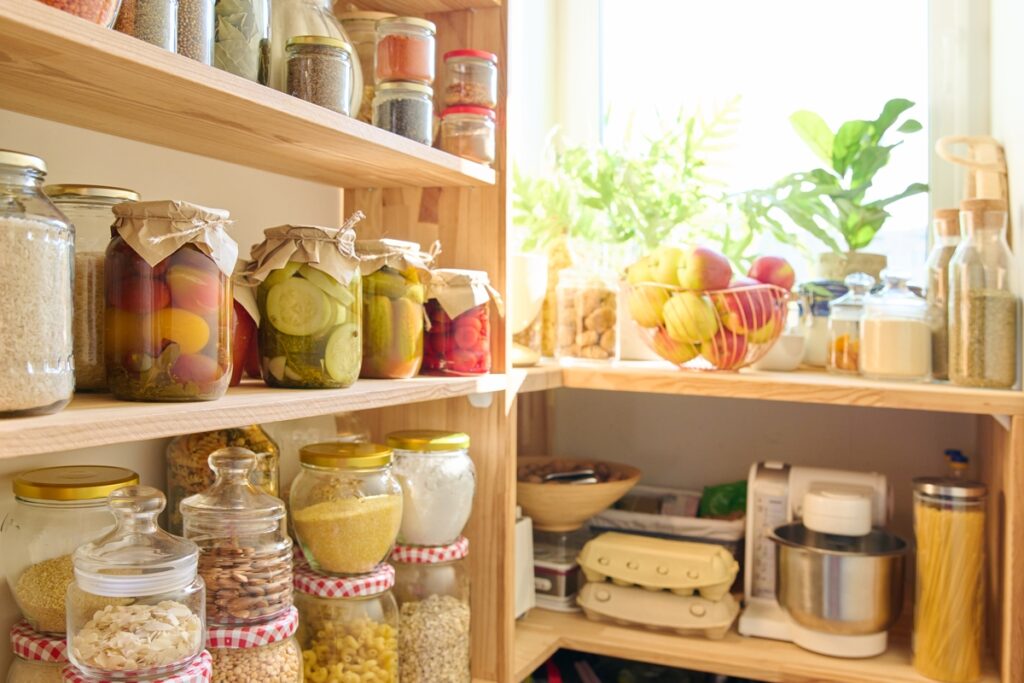
Canned goods can last a long time, but if stored in a warm pantry, they can lose their freshness faster. High temperatures cause the contents inside cans to degrade, shortening their shelf life. Keep your canned goods in a cool, dark place to preserve their quality.
Forgetting to Rotate Leftovers

It’s easy to push older leftovers to the back of the fridge, but without rotating them, they can spoil before you get a chance to eat them. Make it a habit to move older items to the front so they’re used first. This small change can help reduce waste and keep your fridge organized.
Using Wooden Cutting Boards for Raw Meat
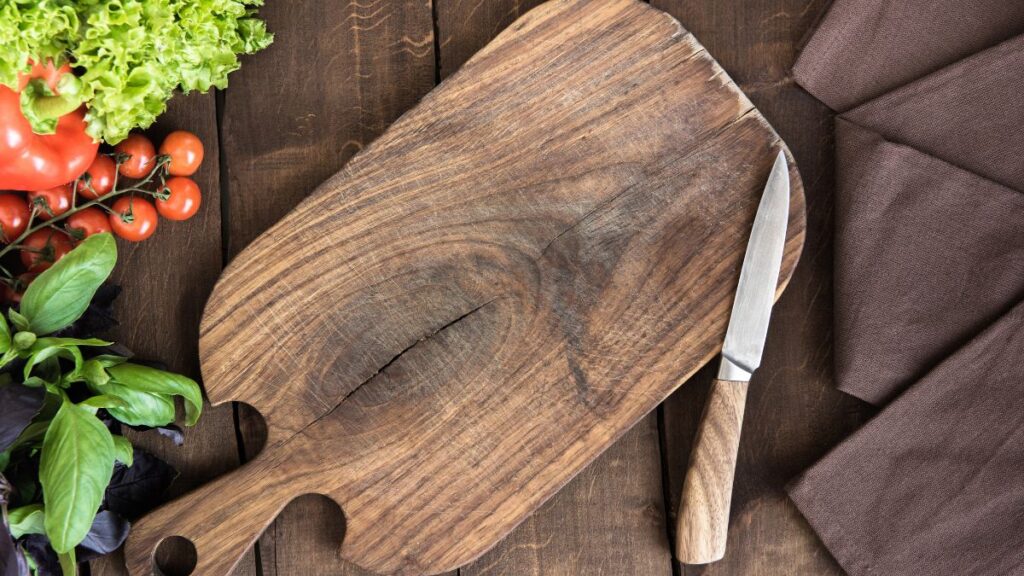
Wooden cutting boards are porous and can absorb liquids from raw meat, leading to bacterial growth. If not cleaned thoroughly, this bacteria can spoil other foods that come into contact with the board. Use plastic or non-porous boards for raw meats and save the wooden ones for vegetables and fruits.
Leaving the Fridge Door Open Too Long

Every time you open the fridge door, cool air escapes, and warm air enters. If you leave the door open too long, the temperature inside the fridge can rise, causing food to spoil faster. Be mindful of how long the door stays open, and close it promptly after getting what you need.
Using Old Sponges for Cleaning
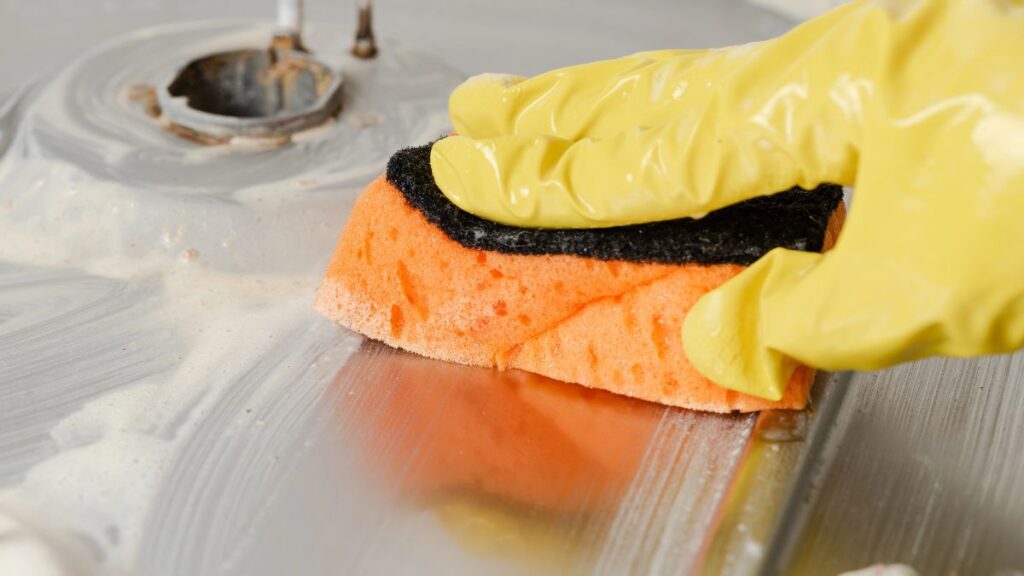
Sponges are breeding grounds for bacteria, and using an old sponge to clean surfaces can spread bacteria to your countertops, utensils, and even food. Old sponges don’t clean effectively and can cause contamination, which may lead to food spoiling faster. Replace sponges regularly or use a dishcloth you can wash frequently.
Not Washing Reusable Grocery Bags
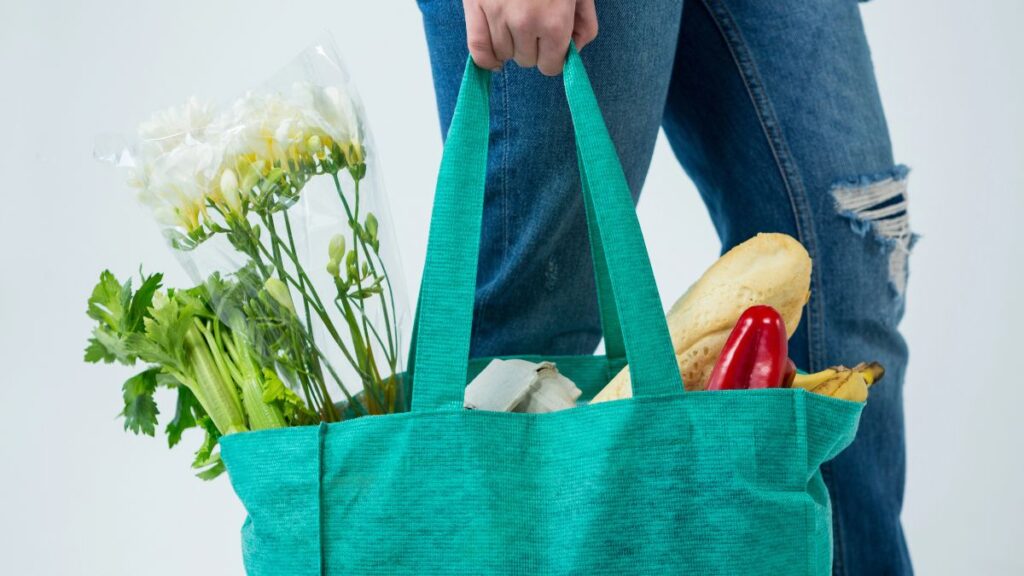
Reusable grocery bags are a great eco-friendly choice, but they can harbor bacteria if not cleaned regularly. If you reuse bags without washing them, bacteria from raw meats and other foods can contaminate fresh items, leading to faster spoilage. Make sure to wash your bags regularly to keep them clean and safe for your groceries.
The Best Cauliflower Crust Pizza Recipe With A Short Cooking Time
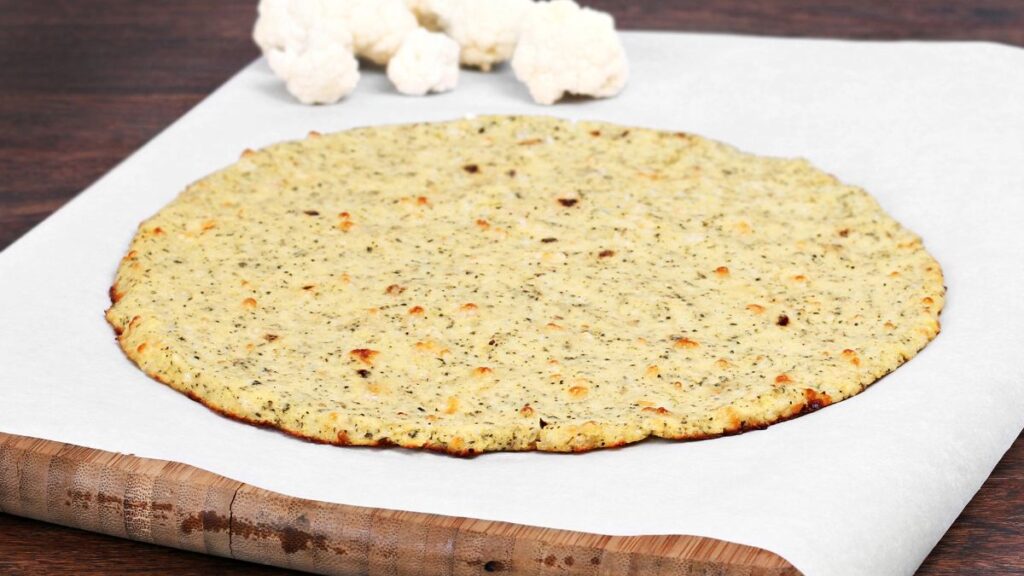
I have tried a few different cauliflower recipes but this one is the best cauliflower crust pizza recipe you will ever make, it’s cheesy and you can actually pick it up like a real pizza.
The Best Cauliflower Crust Pizza Recipe With A Short Cooking Time
Affordable and Easy Lunch Ideas for You and Your Kids
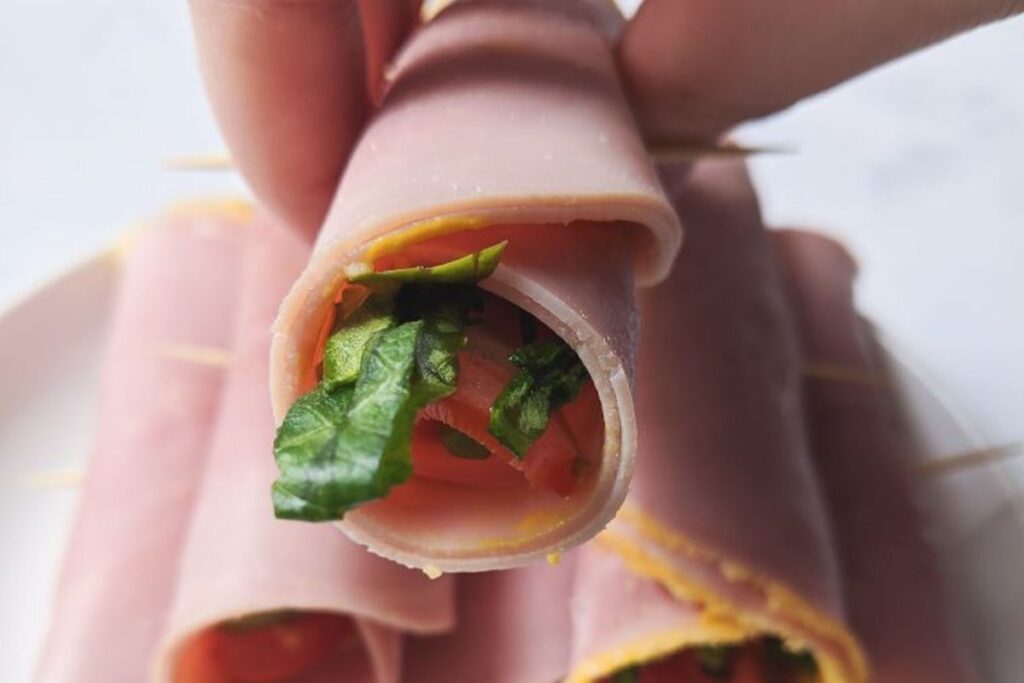
So, what can you do to prepare a cheap, easy, delicious, and nutritious lunch? Look no further because I have great, easy lunch ideas that go above and behind your regular ole ham and cheese sandwich.







